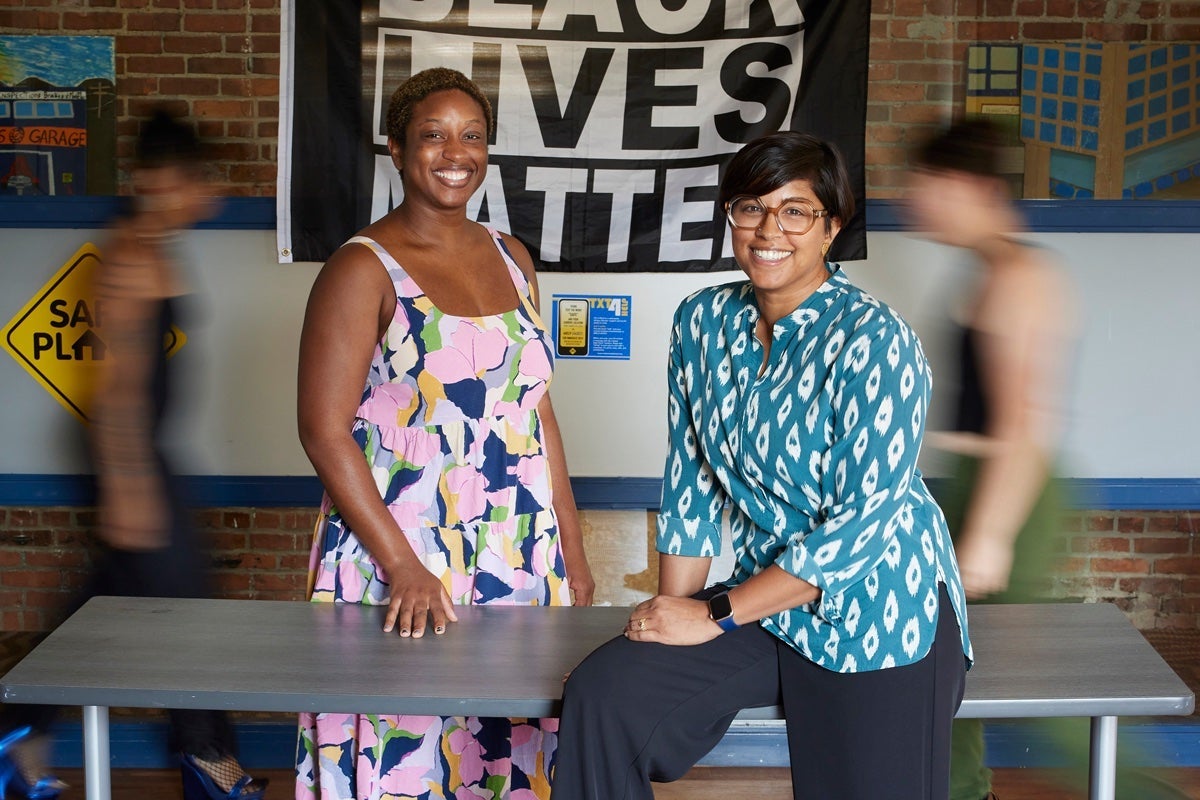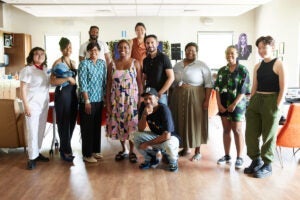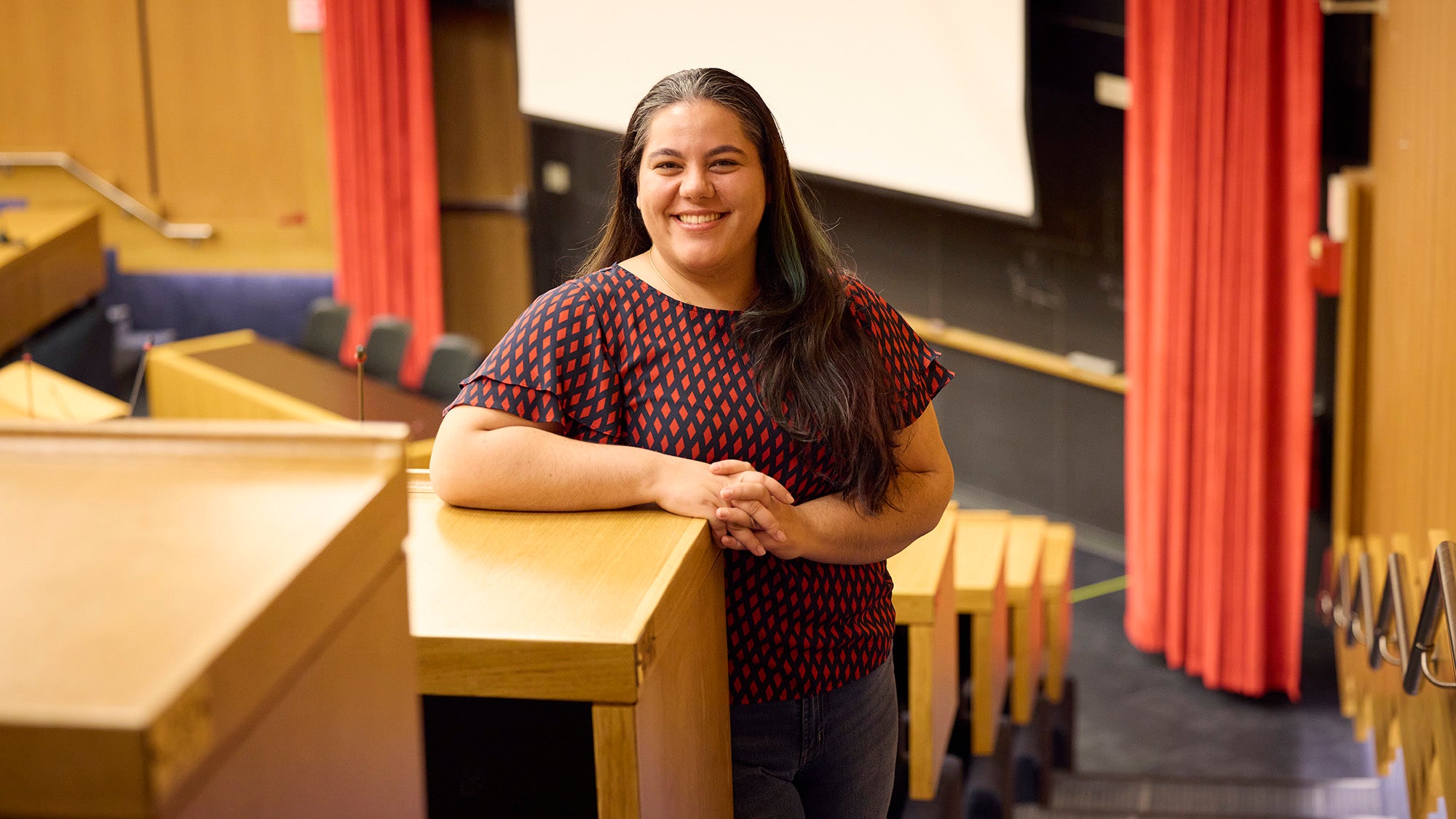One thing everyone should know about community-engaged research

November 1, 2023 — One thing everyone should know about community-engaged research is that the research question must be meaningful to all parties.
Too often, there is a disconnect between what researchers are interested in and what communities want to learn. When we align those interests, we can ask context-driven questions and apply the findings to projects that make a difference in the short and long term.

In other words, community-engaged, participatory research emphasizes relevance over methodological purity.
It should also include a commitment to social action and social justice. We want to have a public health impact and create social change.
I’ve teamed up with colleagues at Brown University and Boston GLASS [GLBTQ+ Adolescent Social Services] to identify best practices used by community organizations when delivering evidence-based mental health services to LGBTQ+ youth of color.

We know that evidence-based interventions are not one-size-fits-all. Staff at Boston GLASS are taking these interventions and making them culturally relevant, adding wraparound offerings (for example, connections to the LGBTQ+ ballroom community) and delivering them in inclusive and supportive spaces. We want to package the richness of these offerings as an evidence-based model for other organizations and work to ensure that funding and compensation cover these more culturally relevant approaches.

If we don’t listen to and leverage the expertise of the communities we seek to serve, we risk creating an intervention that no one will use. I’d prefer to meet people where they are and create something that is useful.
—Shoba Ramanadhan, as told to Giulia Cambieri
Photos: Kent Dayton / Harvard Chan School


